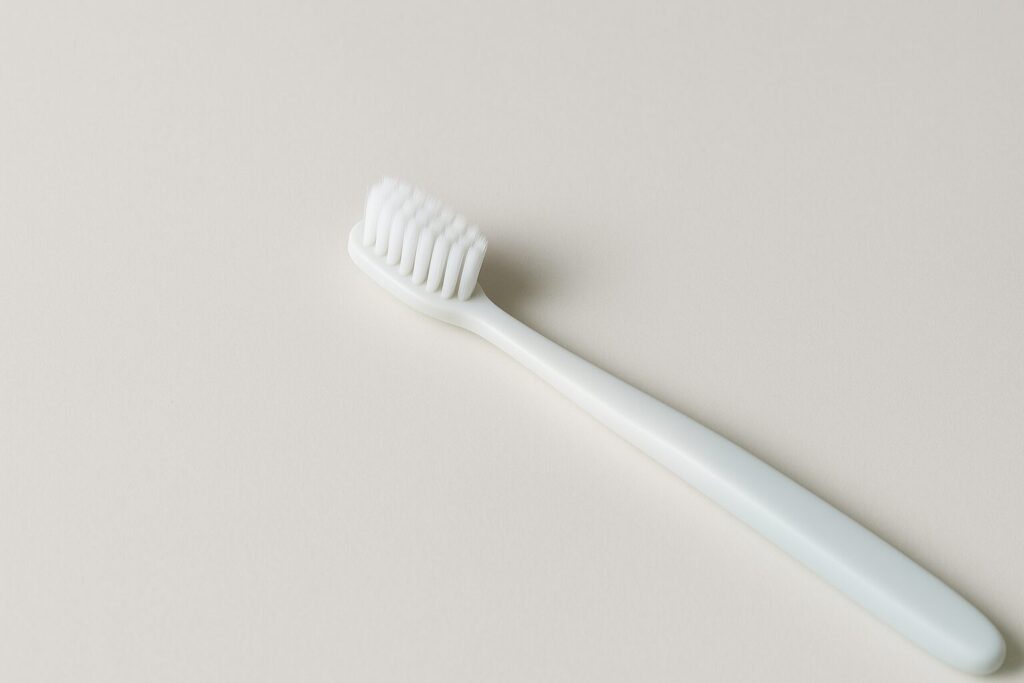Oral health plays a crucial role in overall well-being, influencing more than just the appearance of your smile. Effective dental care is essential for digestion, stress management, and sleep quality. Recognizing this connection empowers you to make informed decisions for a healthier lifestyle.
Maintaining oral health is vital for overall wellness, impacting various bodily functions. Regular dental checkups and good oral hygiene practices are essential to prevent issues that can lead to broader health complications. Incorporating dental care into your wellness routine can improve digestion, manage stress, and enhance sleep quality. By understanding the link between oral health and holistic wellness, you can make informed decisions that benefit your entire body, including consulting a dentist oshkosh for personalized care.
The importance of regular dental checkups
Regular dental checkups are crucial in preventing oral health issues that may affect your overall wellness. These visits allow dentists to identify potential problems early, such as cavities or gum disease, preventing them from escalating into more severe conditions. By catching issues early, you can avoid pain and discomfort that could disrupt your daily life.
Moreover, consistent checkups provide an opportunity for professional cleaning, which removes plaque and tartar that regular brushing might miss. This process helps maintain healthy teeth and gums, reducing the risk of tooth decay and periodontal disease. As a result, you protect your mouth’s health and prevent complications that could impact your general well-being.
Including regular dental visits in your healthcare routine ensures comprehensive care tailored to your needs. Regular visits foster a proactive approach to oral health, emphasizing prevention over treatment. This approach contributes significantly to maintaining a balanced state of health across various bodily systems.
The influence of oral hygiene on digestion
Your oral hygiene practices directly affect digestion by ensuring proper breakdown of food in the mouth. Effective chewing starts the digestive process, allowing enzymes to work efficiently once food reaches the stomach. If oral health is compromised due to cavities or gum disease, it might hinder this initial breakdown phase.
Poor oral health can also lead to infections that may spread to other parts of the digestive system. Ensuring good hygiene reduces harmful bacteria that could disrupt digestive processes or lead to infections. This connection emphasizes the importance of daily brushing and flossing as fundamental practices for supporting both oral and digestive health.
Furthermore, adopting consistent oral hygiene routines encourages better nutrient absorption by optimizing digestion from the start. Healthy teeth and gums facilitate effective chewing, contributing to a smoother digestive experience. Through diligent oral care, you enhance not only your dental health but also the efficiency of nutrient processing in your body.
Oral health’s role in stress management
Your body’s response to stress is intricately linked with oral health. Stress often manifests physically through symptoms like teeth grinding or jaw clenching, leading to significant dental wear over time. Addressing these habits with proper dental care helps mitigate their impact on both oral structures and overall stress levels.
Managing stress involves recognizing its effects on your mouth and seeking appropriate interventions. Dentists can recommend solutions such as night guards to prevent grinding-related damage while reducing stress-induced discomfort. This proactive approach aids in breaking the cycle where poor oral health exacerbates stress responses.
Furthermore, good oral health contributes positively by boosting confidence and reducing anxiety related to dental issues. When you feel secure about your smile’s condition, it alleviates one aspect of potential stressors in daily interactions. Thus, prioritizing dental care supports broader strategies for managing stress effectively.



 Eve Buttenshaw is a wellness expert and contributor to My Healthy Living and Strategies, where she brings her extensive knowledge of mental health, nutrition, and holistic well-being to the forefront. Eve’s passion for empowering individuals to live healthier, more mindful lives is reflected in her thoughtful and informative content.
Eve Buttenshaw is a wellness expert and contributor to My Healthy Living and Strategies, where she brings her extensive knowledge of mental health, nutrition, and holistic well-being to the forefront. Eve’s passion for empowering individuals to live healthier, more mindful lives is reflected in her thoughtful and informative content.